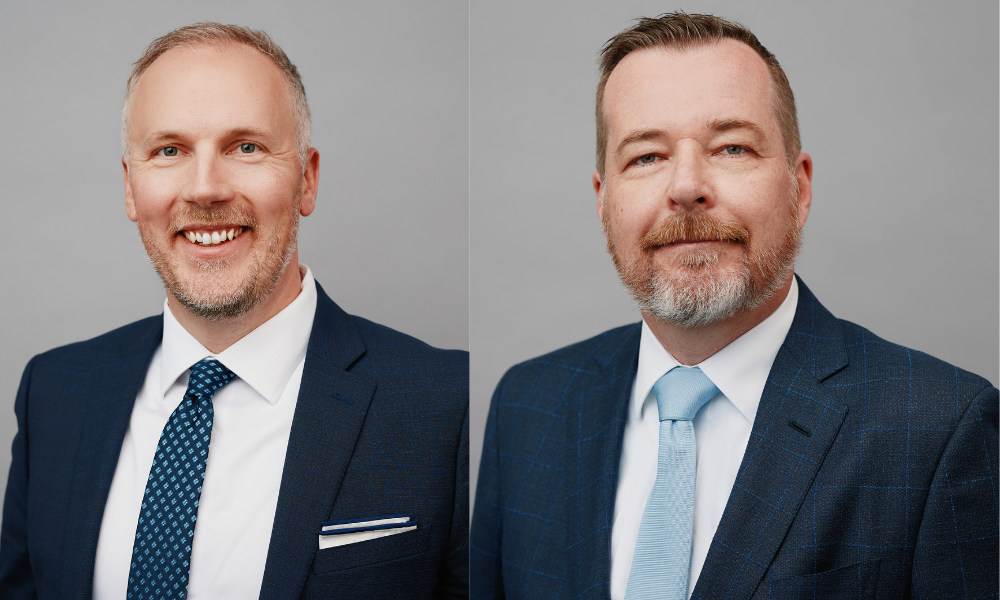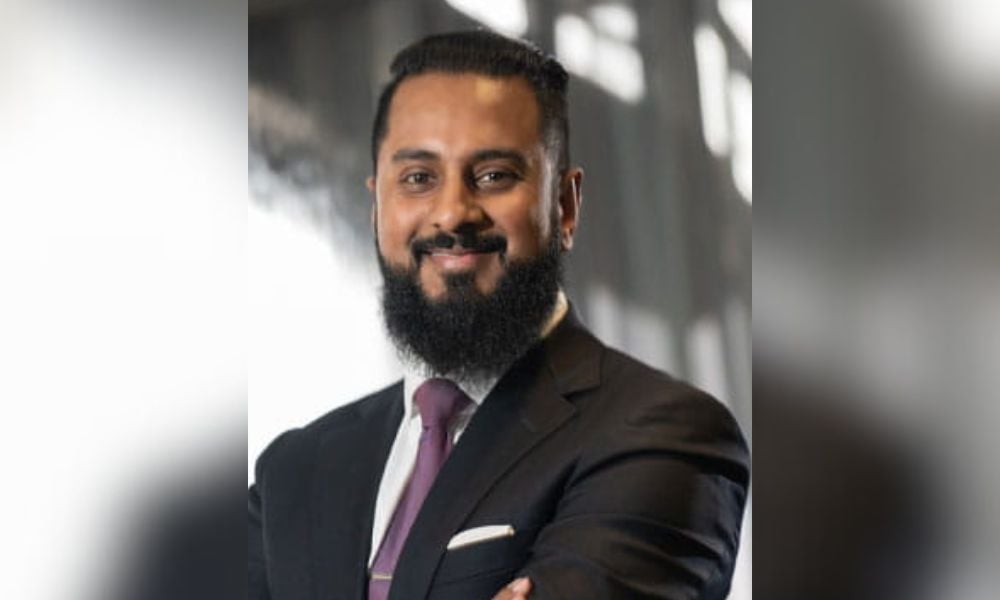New George Brown program begins January, training candidates for admin, operations, compliance & sales roles

Much has been made of the advisor talent pipeline. The industry is, rightly, concerned about how to recruit new advisors and who those new advisors will be. But the industry does not begin and end with advisors. Every practice requires some form of operational staff, administrative support, compliance professionals and business developers. These individuals often hold deep institutional knowledge, they know how to keep the business running. They are also, like much of the Canadian workforce, aging into retirement. Practices, advisory firms, and the wider industry are left wondering how to fill these gaps.
A new virtual wealth management certificate program at George Brown College is planning to change that. The program was originated by Cumberland Private Wealth and joined in support by Infinite Investment Systems Ltd. The program will launch in January 2024. Two leaders from Infinite Investment Systems, Paul Gambell, EVP of business strategy, and Mike Zegers, VP of strategy and business development, explained how the program came about and the gaps they hope its graduates will fill in the industry.
“What we’ve consistently heard over the past decade is that support and operational roles were typically roles that people transitioned through, and operational expertise would get lost,” Zegers says. “People would start in an operations role with the intention of becoming a junior analyst and then a portfolio manager. That attracted candidates who had ambitions of managing their own book, but not necessarily individuals who wanted to focus on these operational roles.
“We believe there is a large group of people out there that don’t know that roles like this exist. People who thought if they wanted to work in wealth management, they had to manage money. But there’s a whole business that supports wealth management, and firms are clamouring for these professionals as we speak.”
A George Brown course, Zegers and Gambell explained, is an ideal way for candidates who might not know about these roles to discover the opportunities present in the wealth management industry. They expect that it should also help improve overall diversity of age, background, and gender in the industry. But building this pipeline will also require some change from the industry itself.
Paul Gambell noted that many of these jobs listed by firms state that a university education is required for the role. That may bias firms and practices towards those candidates with greater ambitions beyond operations.
“We dug a little deeper and found a lot of people in operations getting close to retirement potentially only had high school degrees,” Gambell says. “And they have been running operations and doing a great job for 40 years. That’s when we landed on the idea of a college program, where we can access students who didn’t consider a career in financial services because they didn’t go to university, but there is a path with good jobs for them.”
Gambell says that Infinite’s partnership with Cumberland Private Wealth on this program was somewhat serendipitous. Infinite CEO Ali Zahedi had been increasingly concerned by the dearth of operational talent in the industry while, which he mentioned to Cumberland chairman Gerald Connor.
Connor and the Cumberland team, he says, had been working with George Brown on this course program already, and invited the Infinite team to join them. Gambell and Zegers both emphasized Cumberland’s leadership in making this program a reality. Connor and Cumberland, they say, originated the program with George Brown before bringing in Infinite to provide support.
When the program launches in January Gambell will be leading a course on the fundamentals of operations. Infinite has also committed $40,000 spread over 20 individual scholarships to the program for eligible individuals currently working in the industry.
Operations is an area of the industry subject to nearly constant change, especially with the rise of AI tools and programs to streamline the operations side. While Gambell and Zegers acknowledge there will be tech-driven change, they also note the crucial roles operations professionals still play. They noted the onset of the COVID-19 pandemic, when the world went into lockdown, it was the operations professionals who still had to go into the office and ensure transactions still ran, compliance was maintained, and the business continued to function.
“AI can fix somethings, but it can’t rewire an entire industry to work the way it wants, there are base level functions in this industry that require thousands of people every day,” Gambell says.
Gambell and Zegers hope that the industry sees this new program as an opportunity to refill their talent pipelines. They expect that this will both bring a whole new cohort of young individuals into promising careers, and provide firms and practices with qualified, well-trained operations staff ready to go.
“It probably takes eight to ten weeks for the average firm to get a new hire fresh to the industry up to speed with a cursory level of knowledge about what they’ll be doing,” Gambell says. “Successful graduates from this program will have much more than a cursory level knowledge of the industry before they start that first job. I think this will make the talent pipeline a lot more streamlined and a lot more cost effective.”



